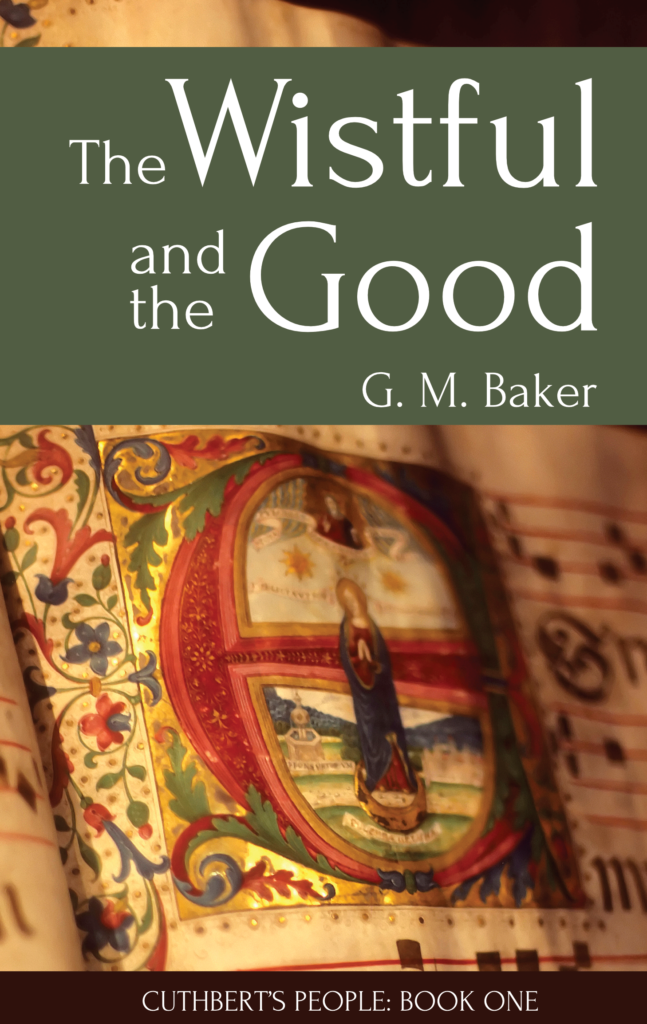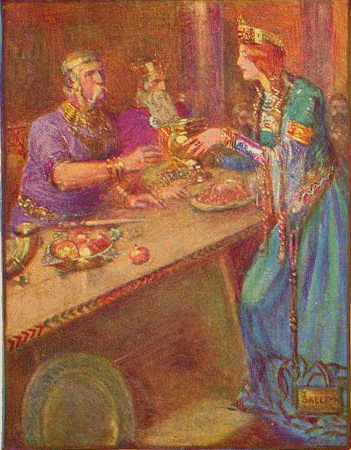Last Post of this Blog
This is the last post on this blog. I will be focusing all of my energy on my newsletter from now on. When I started my newsletter I wasn’t sure where it was going or what to do with both a blog and a newsletter. Over the past year, though, everything has seemed to go …







